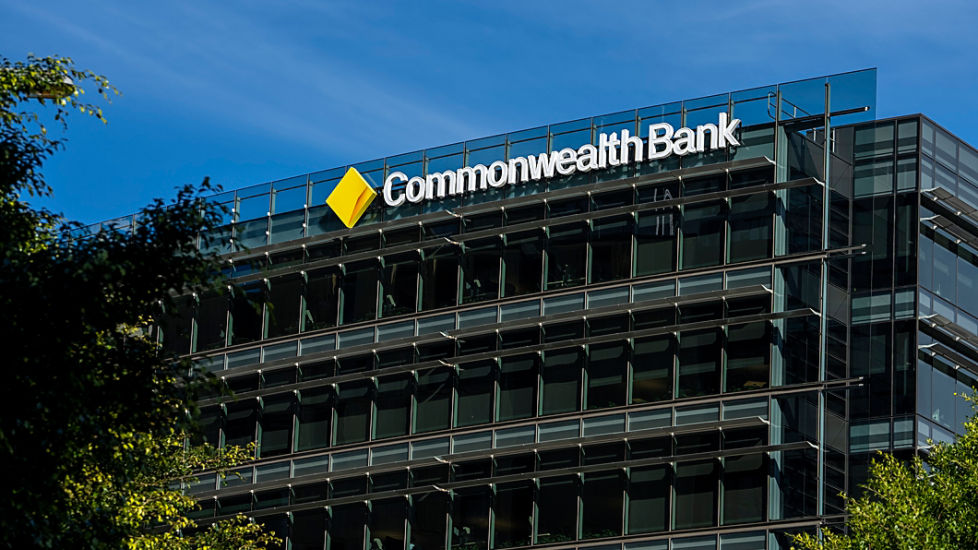New research from Macquarie University has shown that earlier detection of lymphoedema leads to lower health care costs, significantly earlier access to care, and overall better outcomes for patients.
With approximately 22,000 people in NSW affected by lymphoedema, Cancer Council NSW is calling on the next NSW Government to increase funding for public lymphoedema services across the state to ensure timely access to care, regardless of where people live.
Cancer Council NSW’s Policy and Advocacy Manager, Bradley Gellert said, “The community is repeatedly telling us that appropriate lymphoedema services are not available in all local health districts, and timely access to lymphoedema services remains a problem in regional, rural and metropolitan areas”
Lymphoedema in cancer patients is most commonly seen after surgery or radiation therapy treatment which can damage the lymphatic drainage system and results in swelling, often in the arms or legs. If untreated the swelling is likely to worsen, cause considerable physical and psychological distress, and problems with function including mobility, activities of daily living and employability.
“Lymphoedema is a chronic, progressive and incurable condition, but it can be controlled – if people can access services when they need to. To reduce the risk of it developing or worsening, early diagnosis and evidence-based treatment is needed.” Mr Gellert continued.
The study, led by Ms Louise Koelmeyer at Macquarie University, examined the outcomes of 473 patients who were followed in either an early surveillance group or traditional referral group. The results showed that patients who underwent early surveillance for lymphoedema received care almost two years earlier than those patients who underwent a traditional referral process.
Ms Koelmeyer said, “Six times as many cases were classed as moderate-to severe in the traditional group, meaning that the longer patients wait for diagnosis and treatment, the worse their lymphoedema is. It is so important that all patients have access to early intervention, information and treatment.”
After being diagnosed with breast cancer in 2015, Angela Lonergan’s oncologist noticed some swelling in her arm during an examination. “No one took the time or put in the effort to tell me about lymphoedema. I had a DVD given to me but no information. When I recently went to a conference and found out that early intervention would have reduced my symptoms I was blown away.”
“I also attended the Lymphoedema Support Group of NSW conference and was amazed at the range of machines, supports, and treatments around as I had never heard of any of them. What I found though was that they all were very costly, not geographically near me and only available through private health insurance.”
“It is so important that lymphoedema treatment and care can be accessed by everyone who needs it. Increased funding will have an immeasurable impact on the lives of thousands of people living with lymphoedema in NSW.” Mr Gellert concluded.







